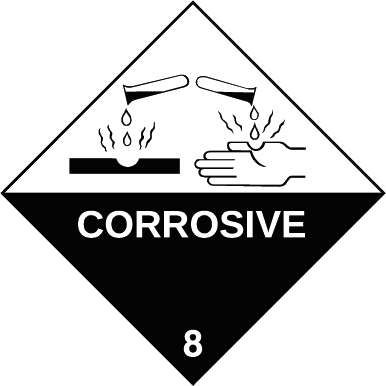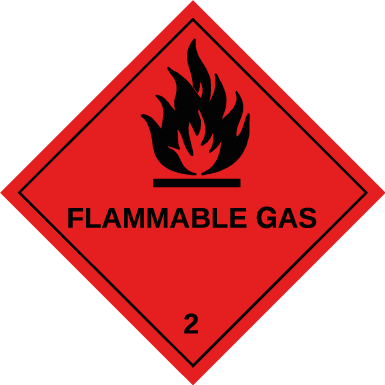Do exemptions apply to medicines and pharmaceutical products?
Medicines may be dangerous for carriage by road, notably cytotoxic and radioactive treatments. Some may also be flammable. With a few exceptions they are treated exactly as any other dangerous goods. Often problems encountered with the carriage of drugs are when they have been removed from their packaging and mixed. If possible treatments should remain in their original packaging.

Can private individuals carry petrol?
The Regulations completely exempt private non-work related carriage as long as some conditions are satisfied (ADR 2015 1.1.3.1(a)). The three main possibilities are where the carriage is “ancillary to main activity”, as a “small load” and where either of those is true “approved packaging” must be used.
So using petrol as an example in the case of “Ancillary” the maximum pack size under LQ is 1 litre. As a “small load” the maximum amount would be 333litres per transport unit but only if in correctly labeled UN approved packaging. The typical plastic container bought from a petrol forecourt does not meet these requirements so a contractor needing to carry fuel for “Ancillary” purposes would need UN approved metal jerry cans with Class 3 Package labels. He would also need training as per ADR 1.3 and carry in the vehicle cab a 2kgs dry powder extinguisher that must be sealed, dated, securely fixed and bearing a compliance mark.
